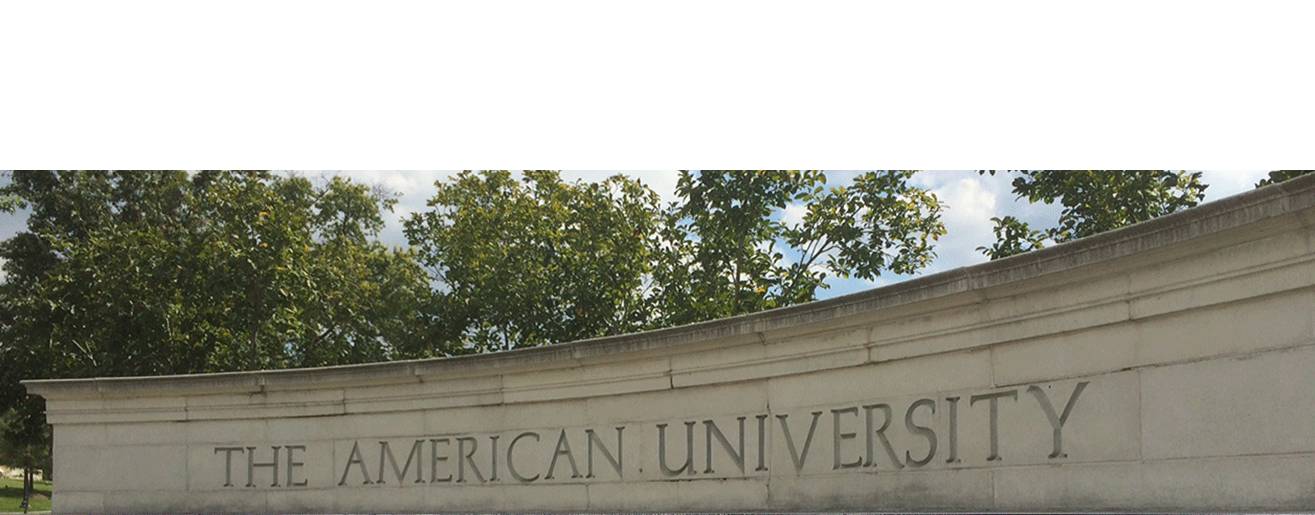In this course you will learn the basics of “speaking truth to power,” an eight-step approach to policy analysis that is professionally rigorous and politically relevant. Study how to translate good policy analysis into better policy by deeply understanding policy problems, carefully formulating solutions, and strategically engaging in dialogue with key decision makers.
Through selected readings, lectures, discussion, and hands-on assignments, you will assimilate this approach and tailor it to your own purposes. You will gain an appreciation for the difficulties of designing policy interventions that can survive not only mistaken assumptions about cause and effect, but also flawed implementation processes.
Professor Karen Baehler, a Scholar in Residence at American University, developed this course. Professor Baehler has extensive experience in policy analysis that has included more than a decade of work for government agencies and think tanks in the Washington DC area, including the American Enterprise Institute, the Maryland Department of Human Resources, and the Roosevelt Center for American Policy Studies. She has published three books, 12 refereed journal articles, and three book chapters on policy-analysis topics.
Course objectives:
- Demonstrate mastery of the eight steps of policy analysis, including theories and methods associated with each
- Demonstrate ingenuity in solving problems, openness to competing perspectives, skepticism toward conventional wisdom, political awareness, and care for people affected by policies
- Learn to write policy memos and provide oral policy recommendations
- Record a short video response to a case study and provide feedback to other student videos
- Craft policy advice that is professionally rigorous and relevant, and to articulate your own vision of good policy analysis and its role in the policy process.
The course will cover major topic areas that include:
- Speaking truth to power by relying on evidence to make a case for change
- Verifying and detailing problems
- Building an outcomes matrix to assess solutions, while thinking outside the box
- Moving from outcomes matrix to recommendations
- Testing policy options using logic models as well as common sense
- Learning from master policy analysts
- Applying policy evaluation and politics
Learn more today. Call us at 855-725-7614 to speak to an admissions representative, or request more information here.



